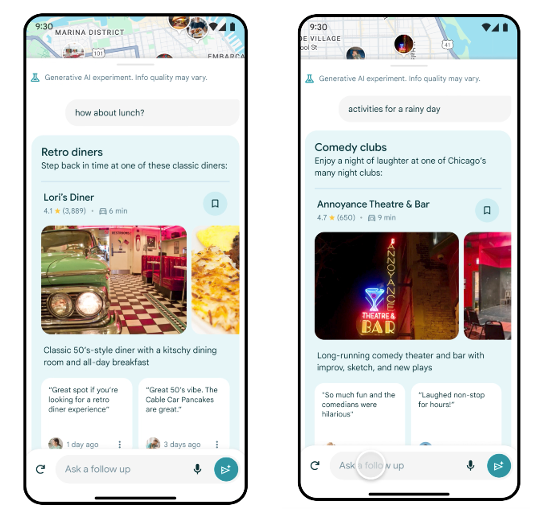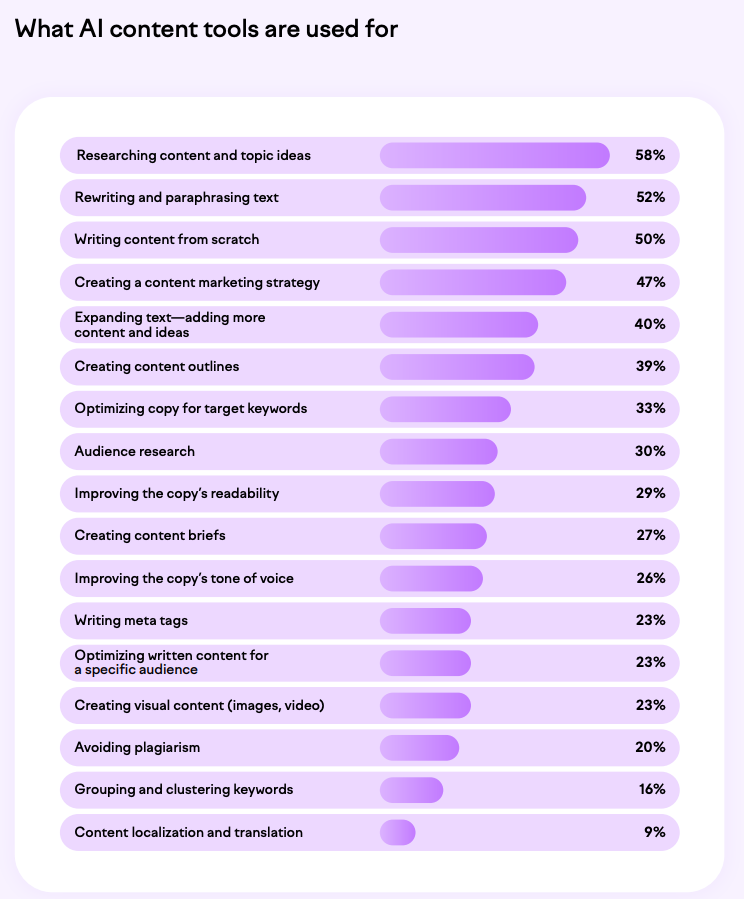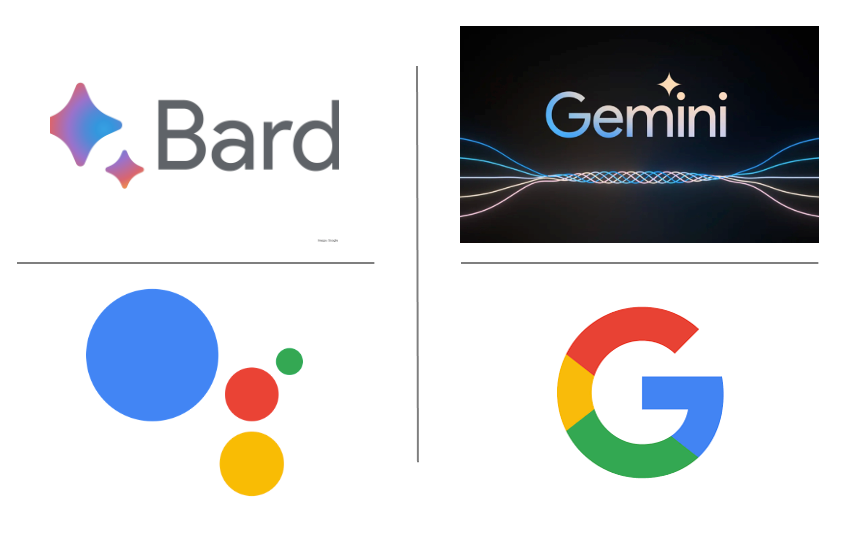Google Maps.ai, AI Content Working, Gemini vs. Search

SGE Comes to Google Maps
Just as Google is seemingly integrating AI into everything it does, last week the company said that AI is coming to Google Maps. "Simply say what you’re looking for and our large-language models (LLMs) will analyze Maps’ detailed information about more than 250 million places and trusted insights from our community of over 300 million contributors to quickly make suggestions for where to go," Google said in a blog post. Characterized as an "early access experiment," Local Guides in the US will be the first to get the new capability. The screenshots make the experience look a little like "Maps SGE." The promise of this rollout is that users will be able to ask new kinds of questions and get more varied and precise answers than with simple category-location keyword searches. Google Maps + AI holds the promise of a better experience, though we won't know until we can use it ourselves. Google's structured local business data also represents a major competitive advantage over Apple Maps, which currently offers a comparable (or better) user experience in several respects.

Our take:
- Google's entire review corpus will be included and used to answer questions and guide recommendations. (Fake reviews too?)
- Beyond these SGE-like screens, we're eager to see how the UX changes. Presumably the Maps ranking algorithm will evolve too.
- If it works well, users will start inputing more complex queries which could have local optimization implications. We're eager to see.
Report: AI Content Is Working
The most bullish report to date on the role of AI for SEO and content marketing is from Semrush. Entitled "Think Big with AI," it combines a range of survey findings from small businesses, agencies and consumers. Clocking in at nearly 150 pages, the study also includes content marketing prompt templates. But perhaps the most intriguing findings focus on head-to-head matchups between human-written and AI generated content across a range of topics (e.g., "Write a social media post with tips on how to choose a skydiving provider"). Consumers were shown side-by-side results and asked which option they preferred. AI content won; it was preferred every time, though the margin of victory ranged between 6 and 30 points. The report also polled businesses about current AI tool use (67%), SEO success with AI, and content production time/costs before and after AI. A large majority of respondents (79%) said they saw "an increase in content quality when using AI tools" and 65% saw "an improvement in their SEO results." In addition, 78% said they were "satisfied" or "very satisfied" with AI. Blog and social media posts were the most common use cases. Those not using AI (33%) cited lack training or concern about the quality of results.

Our take:
- Business respondents (2,600) came from "from all over the world and across many different industries," 76% had fewer than 50 employees.
- These people were probably Semrush customers, which would make them more sophisticated marketers. But the data are "directionally" consistent with other studies: high AI enthusiasm, strong adoption.
- As with other surveys, this report argues most marketing copy and content will be at least partly AI-generated in a short time. Google is resigned to that, though it's hedging with forums and other "hidden gems" in the SERPs.
Bard vs. Assistant vs. Gemini vs. Search
Bard will apparently be rebranded "Gemini" this week. At the same time, "Gemini Advanced" will launch. Similar to ChatGPT 4, Advanced will be a subscription product built on "Gemini Ultra," which is the company's most advanced AI model. It's not entirely clear what the Google Assistant will now be called; it used to be "Google Assistant with Bard." Will it now be Google Assistant with Gemini, not to be confused with Gemini itself (formerly Bard)? It appears, at least for the time being, Google Assistant will retain its own distinct identity. Confused? You wouldn't be alone. Google has never been great at branding and this is no exception. Here, the branding confusion also likely reflects product strategy confusion. In the immediate future there will apparently be four different Google "search" experiences: Google.com (with SGE), Google Assistant (now with search), Gemini (formerly Bard) and Gemini Advanced. Things may be totally coherent on the back end but, from a branding and user perspective, they're getting muddy. Google's not alone, of course, Microsoft has its own AI-branding issues with Bing/Bing Chat, Microsoft Copilot and Microsoft Deep Search, which is now available to more people.

Our take:
- Gemini is a better brand than Bard. Google is probably smart to swap them.
- It needs to also decide whether to keep "Google Assistant" (vs. Gemini), which is an intuitive name but also has relatively low uptake.
- The larger product strategy issue is more important. What's the relationship of each of these products to one another and to search?
Recent Analysis
- Near Memo episode 144: 10 years of SERP changes, Hidden Gems update impacting Local Search, New EU DMA-driven Local Search Results
Short Takes
- Google adds 9 new LSA categories, not equally available.
- Google: E-E-A-T not a ranking factor, but it sort of is.
- Google: Core Web Vitals not a ranking signal; INP coming.
- Google appears to be deprecating "Order with Google."
- Microsoft announces AI collab with news organizations.
- As Google pushes ads automation, marketers balk.
- UK regulator temporarily puts brakes on cookie deprecation.
- Amazon Q4 ad revenue grows 27% to $14.7 billion.
- Yandex selling Russian operations at discount for $5.2 billion.
- Opinion: EU's coming third party app stores' security risks.
- Lowe's, J. Crew and other retailers launch Vision Pro apps.
Listen to our latest podcast.

How can we make this better? Email us with suggestions and recommendations.

